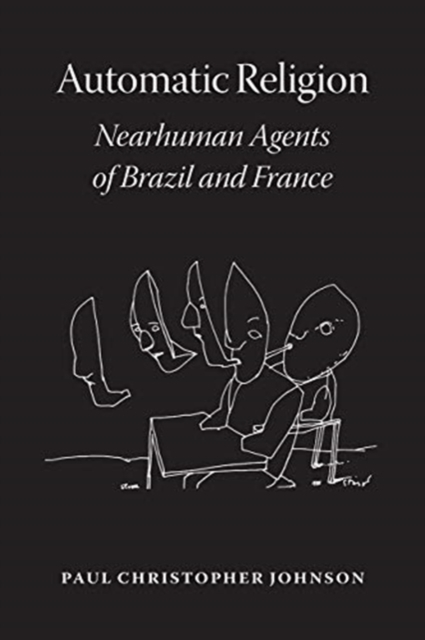CITESTE MAI MULT
Detalii
Descriere RO
What distinguishes humans from nonhumans? Two common answers—free will and religion—are in some ways fundamentally opposed. Whereas free will enjoys a central place in our ideas of spontaneity, authorship, and deliberation, religious practices seem to involve a suspension of or relief from the exercise of our will. What, then, is agency, and why has it occupied such a central place in theories of the human?
Automatic Religion explores an unlikely series of episodes from the end of the nineteenth century, when crucial ideas related to automatism and, in a different realm, the study of religion were both being born. Paul Christopher Johnson draws on years of archival and ethnographic research in Brazil and France to explore the crucial boundaries being drawn at the time between humans, “nearhumans,” and automata. As agency came to take on a more central place in the philosophical, moral, and legal traditions of the West, certain classes of people were excluded as less-than-human. Tracking the circulation of ideas across the Atlantic, Johnson tests those boundaries, revealing how they were constructed on largely gendered and racial foundations. In the process, he reanimates one of the most mysterious and yet foundational questions in trans-Atlantic thought: what is agency?
EdituraThe University of Chicago Press
Dimensiuni152 x 230 x 22
Data Publicarii15/12/2020
Format
Necartonata
Numar pagini312
Aceasta este o carte in limba engleza. Descrierea cartii (tradusa din engleza cu Google Translate) este in limba romana din motive legale.
Ce distinge oamenii de neumani? Doua raspunsuri comune - liberul arbitru si religia - sunt, intr-un fel, fundamental opuse.

